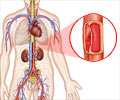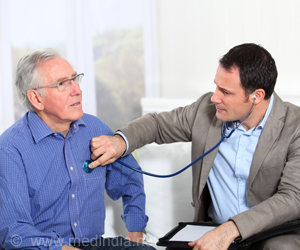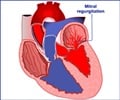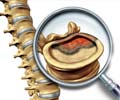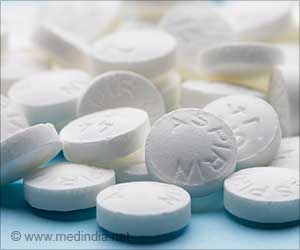Administration of chemical compounds known as polysulfides through the nose inhibited damage to spinal cord motor neurons and prevented paralysis.
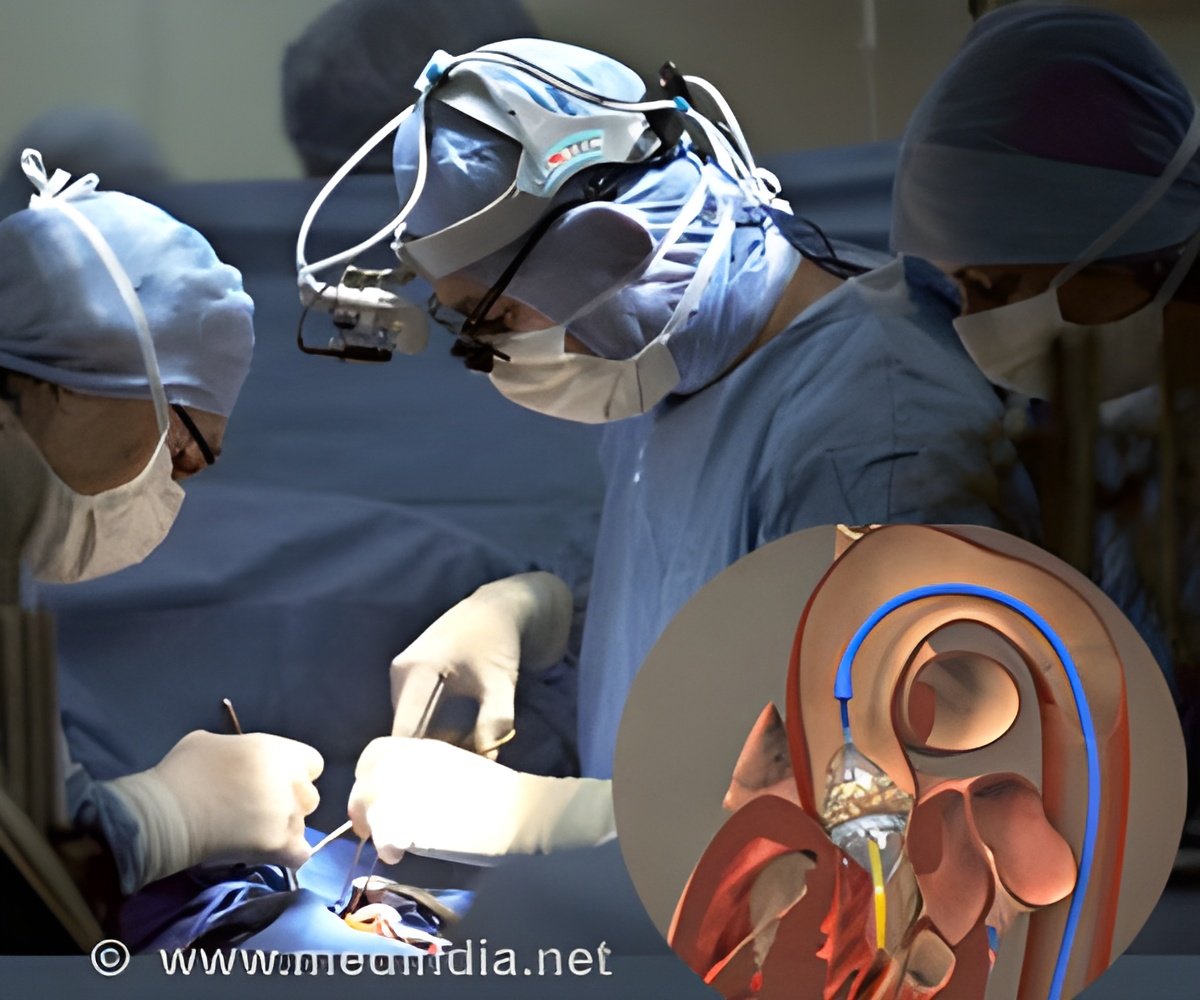
‘Polysulfides may prevent delayed paraplegia in patients undergoing thoracoabdominal aortic surgery or after other types of spinal cord injury.’





Lower body paralysis is a devastating complication that can occur in patients who undergo surgery to repair the aorta, the largest artery in the body. Post-surgical paraplegia is caused by reduced blood flow to the spinal cord and may develop 48–72 hours after the surgical procedure.Giving Polysulfides Through Nose Prevents Paralysis of the Lower Body
Scientists found that when mice were treated in a manner to simulate what happens when patients undergo aortic repair (called thoracoabdominal aortic surgery), the mice have normal limb function and can walk for up to 48 hours but then develop hind limb paralysis.Researchers previously showed that breathing hydrogen sulfide (a colorless gas with a characteristic rotten-egg odor) prevents mice from experiencing delayed paraplegia after temporary blood flow restriction to the spinal cord.
Because inhaled hydrogen sulfide increases the levels of polysulfides, the investigators tested various polysulfides for their ability to prevent paraplegia after aortic surgery.
Intranasal administration of a naturally occurring polysulfide (glutathione trisulfide) or a novel synthetic polysulfide (pantethine trisulfide) after transient occlusion of the aorta prevented delayed paraplegia in mice. The treatments prevented inflammation, inhibited cell death signals, and preserved spinal cord motor neurons.
If these polysulfides are found to be safe in patients, it may be possible to prevent delayed paraplegia in patients undergoing thoracoabdominal aortic surgery or after other types of spinal cord injury.
Advertisement

